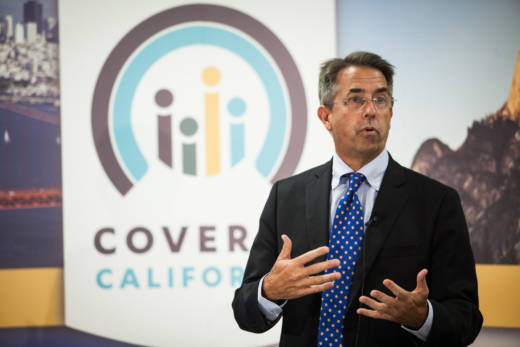Senate Republicans have cast two separate votes this week trying to dismantle the Affordable Care Act. The first bill to be voted down was a “repeal-only” proposal and the second was a plan for replacement.
With their options narrowed, Senate Republicans are now trying to remove some key provisions of Obamacare in what’s being called the “skinny repeal.”
The language is not yet final, but one version of the repeal bill would remove the requirement for individuals and businesses to buy health insurance. This is a key feature that works to expand risk pools and lower costs. The GOP plan would also get rid of the medical device tax — a revenue source for the current health law.
But what does this all mean for California?
“The implications for 2018 are stark,” said Peter V. Lee in a statement Thursday. He’s the executive director of Covered California, the state’s health insurance marketplace. About 700,000 fewer Californians would have individual coverage, he said.

